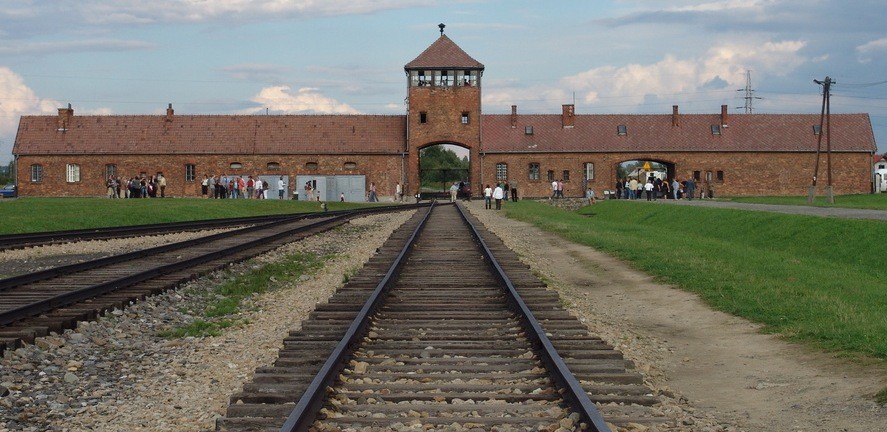Can a Holocaust and genoidce be predicted?
“There was a straight road to Auschwitz,” says Wendy Lower, John K. Roth Professor of History and George R. Roberts Fellow at Claremont McKenna College in California. “When you look back, the Holocaust was inevitable.”
Lower, a historian who spent five years living and researching in Germany, says that while genocides are all a bit different, there are consistent aspects to every mass killing. By leveraging history, she believes, one can almost predict these killings before they start.
Prof. Benedict F. Kiernan, Whitney Griswold Professor of History, professor of International and Area Studies, and director of the Genocide Studies Program at Yale University, agrees. He tells JNS.org that genocides usually proceed from a combination of causes, long-term and immediate.
First, harsh historical or social conditions create the “fertile political ground that is necessary for emerging genocide perpetrators to be able to recruit supporters and gain the positions of power from which they may implement their criminal policies,” explains Kiernan. He lists warfare, carpet-bombing, mass poverty and suppression, catastrophic environmental degradation, and political or economic destabilization as among the long-term conditions from which genocidal extremists may profit the most.
“Without such widespread historical conditions, a genocidal minority would often remain politically isolated or impotent,” says Kiernan.
Second, the extremist leaders share certain characteristics, he notes. These include being obsessed with their own ideological preoccupations, which can range from racism or religious hatred, territorial expansion, romantic agrarianism, and obsession with recreating or rivaling and distant past.
“Not all of these ideological features are harmful on their own, but on their combination is usually disastrous,” Kiernan says.

 48.0°,
Light Rain
48.0°,
Light Rain 




